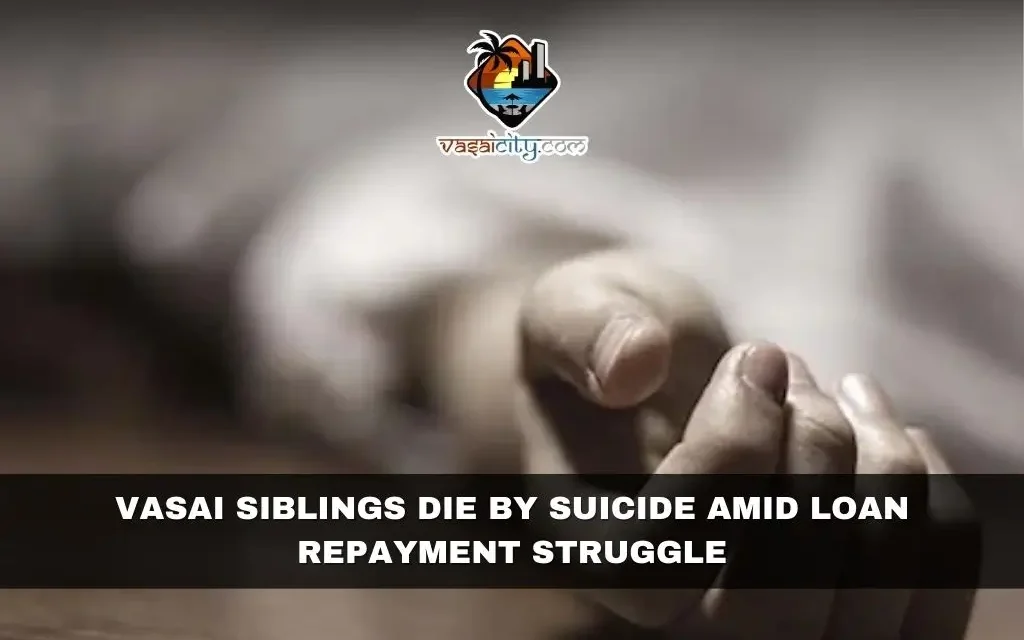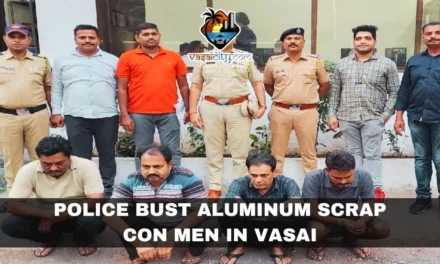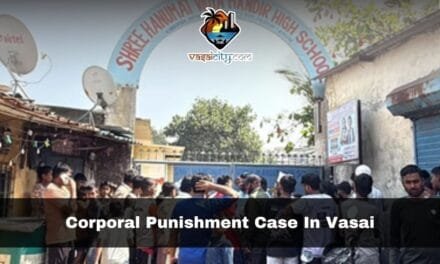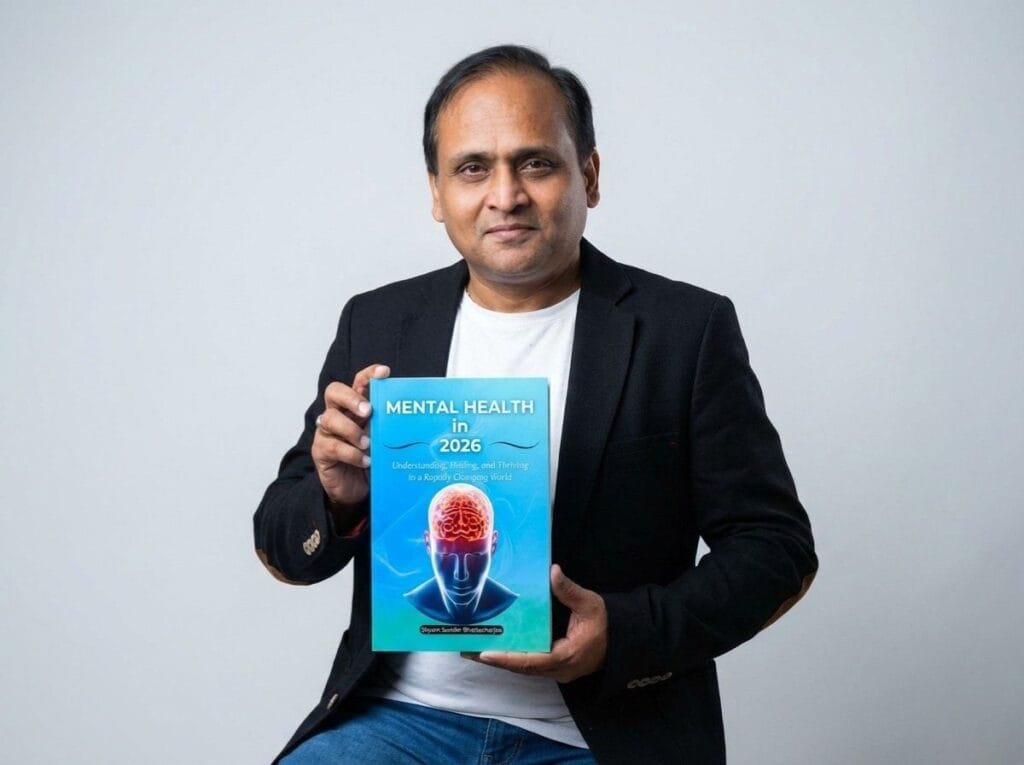In a quiet corner of Evershine City, Vasai East, a tragedy unfolded this week that has left a community shaken and sparked urgent conversations about financial stress and mental health. Two siblings—a 40-year-old man and his 45-year-old sister—were found dead in their home on Tuesday, victims of an apparent suicide linked to overwhelming debt.
A Grim Discovery
The story began when neighbors near Mangal Vandan Society noticed a foul odor wafting from a third-floor flat. Concerned, they alerted the local police, who arrived at the scene and forced open the door. Inside, they found the siblings’ decomposing bodies in their bedroom. Preliminary investigations suggest they had died four to five days earlier.
The siblings, both unmarried, had lived together for years. The brother worked at a private company in Mumbai, while the sister managed household affairs. Friends described them as reserved but friendly, their lives seemingly unremarkable until financial troubles began to spiral.
The Weight of ₹24 Lakh
According to police, the pair had taken a loan of ₹24 lakh but struggled to repay it. Over time, the burden grew unbearable. Messages retrieved from their phones revealed desperate pleas for help to relatives and friends. “We’re drowning,” one text read. “Without support, we see no way out.”
Authorities confirmed that the siblings had reached out to multiple people, asking for financial assistance to avoid defaulting. But as doors closed and hope faded, their stress turned to despair. “Their messages were cries for help,” said a police officer involved in the case. “They felt trapped.”
A Community in Shock
The news has rattled Evershine City, a middle-class neighborhood where many families grapple with similar pressures. Neighbors expressed shock, recalling the siblings as quiet but kind. “They kept to themselves but always greeted us warmly,” said Ramesh Patel, a resident of Mangal Vandan Society. “No one knew how much they were suffering.”
Local shopkeepers shared that the brother had recently stopped making small talk, appearing withdrawn. “He’d buy groceries quickly and leave,” said a store owner. “I thought he was just busy with work.”
Investigating the Crisis
The Achole Police have filed an Accidental Death Report (ADR) and are investigating whether the loan was the sole trigger. While no foul play is suspected, officers are reviewing bank records, loan documents, and phone logs to rule out external pressures. Autopsy reports are pending, but police confirmed there were no signs of physical struggle.
Financial stress as a motive for suicide is not uncommon in India, where rising costs, stagnant wages, and aggressive lending practices often collide. A 2021 National Crime Records Bureau (NCRB) report noted that over 5% of suicides nationwide were linked to bankruptcy or debt. In Maharashtra alone, nearly 13,000 people died by suicide due to economic hardship in 2022.
The Silent Struggle
Mental health experts emphasize that financial crises can lead to feelings of shame and isolation. “People often hide their struggles, fearing judgment,” says Dr. Anika Rao, a Mumbai-based psychologist. “They see suicide as the only escape from perceived failure.”
The siblings’ case underscores the need for systemic support. While India has helplines like Vandrevala Foundation and Roshni Trust, many remain unaware of these resources or hesitate to use them. Activists argue that lenders must adopt more compassionate practices, offering flexible repayment options instead of pressuring borrowers.
A Call for Change
Local NGOs in Vasai are urging communities to look out for warning signs: withdrawal from social circles, sudden mood changes, or mentions of hopelessness. “We need to normalize asking for help,” says social worker Meena Desai. “A conversation could save a life.”
Meanwhile, the siblings’ relatives, who live outside Maharashtra, are arranging their funeral. The police have not disclosed whether any family members responded to their pleas for help before their deaths.
The Bigger Picture
This tragedy mirrors a national crisis. Easy access to loans—through formal banks or predatory lenders—has ensnared millions. For middle-class families, taking loans for education, housing, or medical emergencies is common, but job losses or health issues can derail repayment plans.
Economists point to gaps in India’s financial safety nets. “The focus is on distributing loans, not ensuring borrowers can repay them,” says analyst Arjun Mehra. “We need better regulations and debt relief programs.”
A Final Note
As the investigation continues, the Mangal Vandan Society has organized a memorial for the siblings. Residents lit candles and shared stories, mourning lives lost too soon. “We failed them,” whispered one neighbor. “We should’ve noticed, should’ve done more.”
Their deaths are a stark reminder that behind closed doors, countless individuals battle invisible burdens. And sometimes, those burdens become too heavy to bear alone.
If you or someone you know is struggling, reach out to mental health helplines like Vandrevala Foundation (+91 99996 66555) or Roshni Trust (+91 90106 61118). You are not alone.









